|
What happened was... Mr. Parker returned from the supermarket. Since he does the cooking in our home, he also likes to do the shopping. (Pretty great for me, right?!) Looking for an excuse to leave my computer, I got up and helped him unload the groceries. Then, not wanting to get right back to work, I decided I would take some time to give our new jar of peanut butter a good stir. For peanut butter, we buy (and by “we,” I mean him) that kind of “natural” peanut butter (as opposed to all that other, unnatural peanut butter) that always comes with a layer of separated peanut oil on the top. Mixing that oil in with a knife or spoon always seems to end with fingers and everything else slathered in peanut butter, and the oil is stirred in only halfway. That makes the top half of the peanut butter jar a delight, and the bottom half a fine substitute for spackle or grout. But I was up for a good, productive session of procrastination. I grabbed a tablespoon and started gently folding the thinner oil into the thicker peanut butter. It quickly became a game. Could I create a perfectly blended product while not making any mess at all? I was careful to get the spoon to the center of the jar, slowly turn it, then make my way to the bottom. As the oil rose to the top of the jar, I’d back off before letting it spill over the sides and onto the counter. A longer spoon would have been ideal, but I was working with what I had and making decent progress. Plus, it was rather therapeutic until-- Mr. Parker leaned in and asked, “What are you doing? It seemed plainly obvious to me. “Stirring the peanut butter.” “Wait. Stop. There’s a better way.” Couldn’t he see that I was doing a brilliant job? That the oil and the peanut butter were starting to play together nicely? That my hands were free of any and all nut butter residue? The next thing I knew, he’d returned with a giant, cordless electric power drill. Yes, I said “power drill.” In place of a drill bit, he had inserted one of the metal beaters from a handheld electric mixer. I backed away, watching my private therapy session devolve into a scene from This Old House meets Saw.
He inserted the metal beater into the jar of peanut butter. Judiciously pulsing the motor, then running it slowly, Mr. Parker powered the peanut butter smooth. “See? Look how much better that is.” I felt like I’d just been man-splained by demonstration. I wanted to be pissed, but then the sight of my guy happily power-drilling peanut butter was too wonderful and quirky to not enjoy. I love people doing odd things as if they where completely natural. I thought, I could shove this piece of business into a book somewhere. Which of my new characters would get to Makita-Mix the Skippy? Later, when I addressed the quirkiness of this act with him, he offered that lots of tools have uses they weren’t originally designed for. I thought about the twisted wire hanger I keep by the bed to retrieve items that fall behind the headboard. But Mr. Parker’s case in point was so much darker. “Take hammers. A hammer is designed to pound nails. But people use them for all kinds of things. You can use a hammer to kill someone. Murder-by-hammer happens all the time.” Well, then. I went from thinking about how wonderfully quirky my guy can be to wondering if I was going to be the inspiration for the next season of White Lotus: Hammer Time On The Gulf Coast. I now periodically check our hammers for bloody hair or animal matter. So, what’s the strangest repurposing of a tool you’ve tried? (Please, share only those things that won’t result in arrest.) Stay careful-ish - Honey Parker
0 Comments
In my time, I’ve had several encounters in the shower which have left me shaken.
For the record, I never intended to shower with any of the creatures I’m about to document. (No, Mr. Parker is not on that list.) Part of the jarring nature of these run-ins is that they were all surprise guests. The other jarring part is that things just seem more desperate when you’re wet and naked. Shower Guest #1 My most recent encounter happened on a trip to Austin. Mr. Parker and I had gone for a business conference and were treated to a fine room at the facility where the event was being held. Swell. On the second morning, while in the shower, I looked down and saw movement. My first thought was to have a movement. But on second look, I realized that in the tub was not a giant insect but a little lizard. Now, I’m not afraid of lizards, but it kept moving towards me. I didn’t trust my ability to pick it up or slide it away with my foot without killing it. So I kept sending water its way until I could get the conditioner out of my hair and myself out of the shower. Once our communal washing was done, I got out, toweled off, and looked back in the tub. Here’s where it gets sad. The lizard wasn’t moving. Was he dead? Was it the water? Was it me? Did I have lizard blood on my hands? And what did it mean? (We’ll come back to this.) Shower Guest #2 The Austin encounter had me thinking back to when we were in Nicaragua and found a scorpion in the bathroom. Except in Nicaragua, I wanted to kill. We’d been warned about poisonous scorpions. And someone we’d met there related what had to be one of the worst scorpion run-ins imaginable. She’d shaken out her dress before putting it on. That’s standard operating procedure to make sure no scorpion is hiding inside your clothing. But either she didn’t shake hard enough, or the scorpion wanted it too bad. When she pulled the dress over her head, the creature clamped onto her nipple with a its claw and began stinging her repeatedly. And yes, this scorpion was the poisonous kind. Fortunately, a friend rushed over. Still, she had a harrowing twenty-four hours. So when we found our own scorpion in the bathroom, and even though Mr. Parker didn’t want to kill our scorpion, after several failed attempts to shoo it out of the house with the tiny beast trying to sting him, he finally gave in to the wits of his reptile brain and smashed it with a shoe. Repeatedly. Mr. Parker: One. Scorpion: Dead. Shower Guest #3 My last crazy shower encounter left me startled without inspiring blood lust. I was living in NYC. My roommate was a long-haired Persian cat named Yosef. I was letting the hot shower water pound on me for as long as it would last. Hot water was a precious commodity in that apartment. Without warning, it could turn icy cold or scalding, and the session was over. I never knew how long I’d have. This session was enjoyably long. Too long for Yosef’s liking. I was ignoring him. He was in the bathroom, and kept batting at the outside of the shower curtain to get my attention, which I thought was funny—until... He decided to leap at the curtain. The next thing I knew, the cat was standing in the tub with me, looking up at me in panic. That of course filled me with panic. Was I about to get clawed or just covered in wet fur? Remember, wet and naked and now afraid. The cat began scrambling like a cartoon character. His paws were moving so very fast but getting no traction. He was running in place. Yosef eventually got himself out and never again bothered me during shower time. Shower Guest #1 Back to Austin. I called to Mr. Parker and told him there’d been a lizard in my shower. After a moment, Lord Look-It-Up (as we often call him) said, “Good news. Lizards are good luck and a sign of positive change.” He also read that I was destined to win over all I faced. So, we both looked back into the shower. And, the lizard was, in fact, dead. Had I killed my positive change? Drowned my winning destiny? I wanted to give it CPR. I didn’t. I’m now left assessing each new moment of my life and wondering what effect my dead shower-mate is having on it. R.I.P. Stay Careful-ish Honey Parker 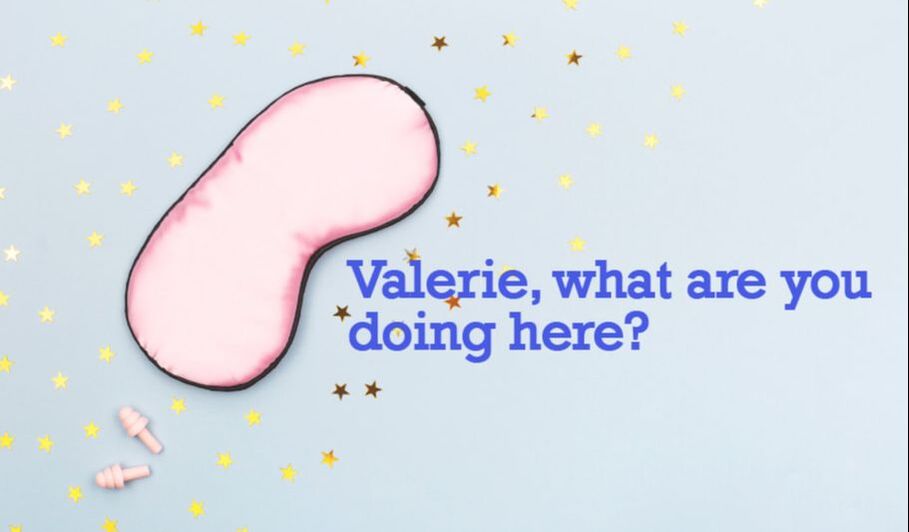 To be clear, I have never done this before. I woke from a dream that was so utterly bizarre, I had to write it down immediately. Here now is my attempt to capture the crazy. (Note: The pace of the dream was harried, so to get the full effect, it’s best that you read this as quickly as possible.) I’m in some airport with my dad, Jer. Not the current, 86-year-old Jer. We’re talking the younger, on-the-go businessman version of my Jer. We’ve just landed from somewhere. Who knows where. I’m catching another flight. A tight connection. Flying international. Again, who knows where. My heart? Racing. Running late. My dad has all the info. For some reason, he’s booked my flight. He’d sent me the itinerary and my ticket, but I didn’t get it. He smiles, unconcerned, and tries sending them again. No dice. (My father and I never worked together. Nor have I ever known him to stay so calm. Ever.) We hurry with our carry-ons. He’s telling me he’ll pay for my flight. I say, “You don’t have to do that.” He replies, “Hon, I’m paying for the flight.” I think, Good. I hoped he would. (Seems that in my dreams, I’m a cheap person. Sad.) All of a sudden, Jer is gone. I’m dashing to a bus that’s taking me to another airport. On the bus, I’m sitting next to Valerie Bertinelli. Yes, that Valerie Bertinelli. From One Day at a Time and Hot in Cleveland. Valerie points out that our bus makes its first stop at a dentist office. We have to wait for whoever’s getting off there to have their dental appointment. “Maybe 20 minutes.” (I once had my teeth cleaned in about 20 minutes. Still, that timing seems optimistic.) As promised, the bus stops at a depot by the dentist’s office. I hope no gets off for an appointment, but several people do. Crap. The woman at the reception window says it could easily be a half hour. We don’t have the extra ten minutes to burn. So, my new best friend, Valerie suggests we catch a cab. She and I exit the depot and-- Surprise! We’re in Atlantic City. After quickly looking around the deserted streets, we get decision paralysis. For some reason, we go back to the depot. And I still don’t have my itinerary from Jer. No ticket. Nothing. The woman at the depot asks why we’re back. Here’s where things get messy. I’m upset that we’re running out of time. Valerie feels I’m blaming her. She says that if I didn’t want her help, then just forget it. People are always getting upset when she tries to help them and she’s sick of it. Now I shift into diplomat mode. I try to calm myself. As politely as possible, I explain to Valerie that I want and appreciate her help. But having her point out what I’m doing wrong (and I admit that I was wrong) is only further frustrating the situation. Perhaps if she waits until later to point out my obvious failings. Somehow, I know that this is a thing for her. Something she’s prone to doing. How I know that is anyone’s guess. We each take a quick, cleansing breath. She sucks it up like a pro. Goes back to her seat on the bus and takes over where Jer left off. Valerie is now trying to book a seat for me on my flight to…wherever? Suddenly, three swinging musicians wearing black suits start playing music in front of the depot, which is now a café. The song is, “A Lot Of Livin’ To Do” from Bye Bye Birdie. (As a kid, I was a huge fan of Bye Bye Birdie. I thought Ann Margret was the shizzle. I was right.) In a rush, Valerie runs up. She’s booked tickets. We have to hurry. I guess now we’re traveling together. She grabs my hand. We’re running out of the depot for a cab. But I stop and run back to the musicians. I have to lean in and sing the chorus, “I got a lot of livin’ to do” with them. I just have to. It’s imperative. Then I run back to my new BFF Valerie, who’s already in a cab. I race around to the other side, open the door, and—Wake up. No idea what it all means. If you have any thoughts, please share. Stay Careful-ish Honey Go with me on this.
You’re in a doctor’s office because something hurts. Maybe it’s your stomach, a persistent pain in your shoulder, or a twisted ankle. Sitting in the harsh lighting of this clinical space, hoping for relief, you’re asked the inevitable question, probably by a nurse: “Can you describe your pain on a scale of one to ten?” I’ve been in this situation too many times. And no, I’m not a hypochondriac. (That’s my dad.) The answer I always want to give is, “No. I can’t.” I have actually given that answer and it’s been met with this question. “But can you try?” Augh! Here’s my problem with this question. My scale of one to 10 will differ from the nurse’s scale of one to 10, which likely differs from the scale of the last person she/he asked that useless question to. If I say “five,” and on their scale my pain would have been an eight, am I getting the right treatment? I say no. If (god forbid) I want pain medication, will I get it if I say five? But if I say nine will I seem needy? Will they think I’m a closeted addict? Once upon a time, I had a skiing accident. Well, I’ve actually had lots of them, but this is the one that required immediate medical attention. I’d been skiing on a slope that was too steep, with too many moguls and too much deep, heavy, wet snow. I was skiing over one of those moguls, my skis decided to stop, and in the tradition of gravity sports, my body kept going forward. I heard something snap. The snap was the tearing of my large calf muscle. Crazy pain. When I finally got to the ski patrol medical hut, the very nice, very saccharin, very condescending nurse asked me in a voice which should be reserved only for small children, “Can you describe your pain on a scale of one to ten?” In a clear, level tone, I responded: “I want a big bucket of drugs.” See gave a small laugh as if to say, “I know you’re joking.” I was not. She then said, “But can you describe your pain on a scale of one to ten?” As someone who’s never before been so clear about their pain, I thought: Two can play this game. You’re gonna repeat yourself? Back at ya. “I want a big. Bucket. Of. Drugs.” I was having the kind of pain that makes people pass out. Passing out is arguably a 10+. And the people who pass out are obviously measuring using a different scale than I am. I was still awake and cogent and in pain. I think a better question is, “On a scale of one to ten, what is your ability to suffer fools?” Answer, minus five. But your scale may vary. Stay Careful-ish Honey Parker I’m just going to come out and say it. Since when does curvy mean fat?
Seriously. I did not get the memo. Why am I bringing this up now? I recently finished writing the third book in the Careful-ish series (thank you), and sent it to my editor. When he questioned one character’s physical appearance, I was taken aback. He assumed that Carmen was overweight. I asked why he thought that, and he said it was because I had described her as curvy. What? Doesn’t curvy mean someone with curves? An ample bust, a smaller waist, nice hips…curves? So, I argued with him. Not being one to let things go, he needed to prove his point. That’s his job. I, of course, was waiting for him to be proven wrong. But no. If you Google “curvy,” you’re flooded with images of plus size women. This can’t be. So, I went to the dictionary. “Curvy – (Of a woman's figure) shapely and voluptuous.” See! But then I went to the Urban Dictionary which says, “Despite popular belief, curvy does not mean fat. Curvy is an hour-glass figure; large breasts, hips, and with a comparatively small waist.” Popular belief? Why is that belief popular? My impression is that too many people walking the Earth feel that any departure from a stick figure is fat, unwelcome, not desirable, not worthy of being desired. Depressing. But there is hope. I recently moved to the American deep south. And I am pleased to say that things here are a bit different in regard to framing the curvy debate. I was invited to someone’s pool. When I said that I wasn’t feeling particularly bathing suit-ish after New Year’s Eve, she said, “Oh come on. I’m fluffier than you.” Fluffy. I love fluffy. All of a sudden, having a shape other than a straight line was a warm fuzzy. Playful. Dare I say, desirable? So, what is the take away? I’d like to reclaim the word “curvy.” To embrace it. Because curves are worth embracing. No matter how large or small, curves are visually interesting, can be exciting, and are worthy of being embraced. Curvy is not a size. It can be thin, ample, large and beyond. Curvy is shapely. So, if—excuse me, when you read Daughter of Careful-ish or the forthcoming Bride of Careful-ish, please know that Carmen is a beautiful, curvy Latina. And you’d be crazy not to be attracted to her. Cheers, Honey |
AuthorHoney Parker has been writing, writing, writing for decades, decades, decades. In there, she has also been a standup comedian, a Hollywood screenwriter, a director, and a co-author of edgy business books. Careful-ish is her debut novel. It is the first in a trilogy. It is comedy-ish. Archives
July 2024
Categories
All
|
Join that mailing list! |
|
Follow on Facebook
|
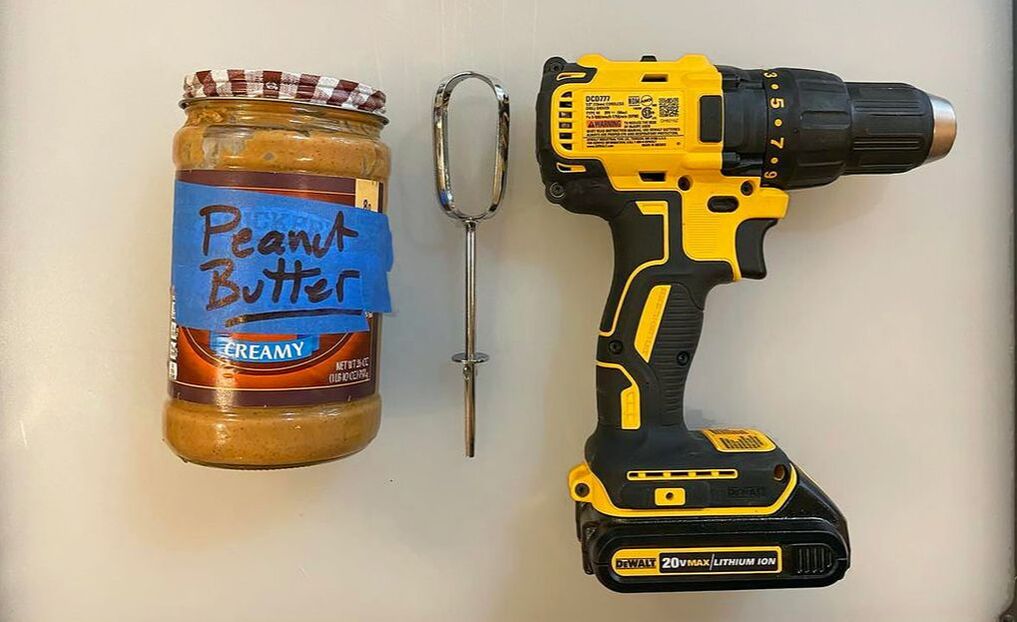
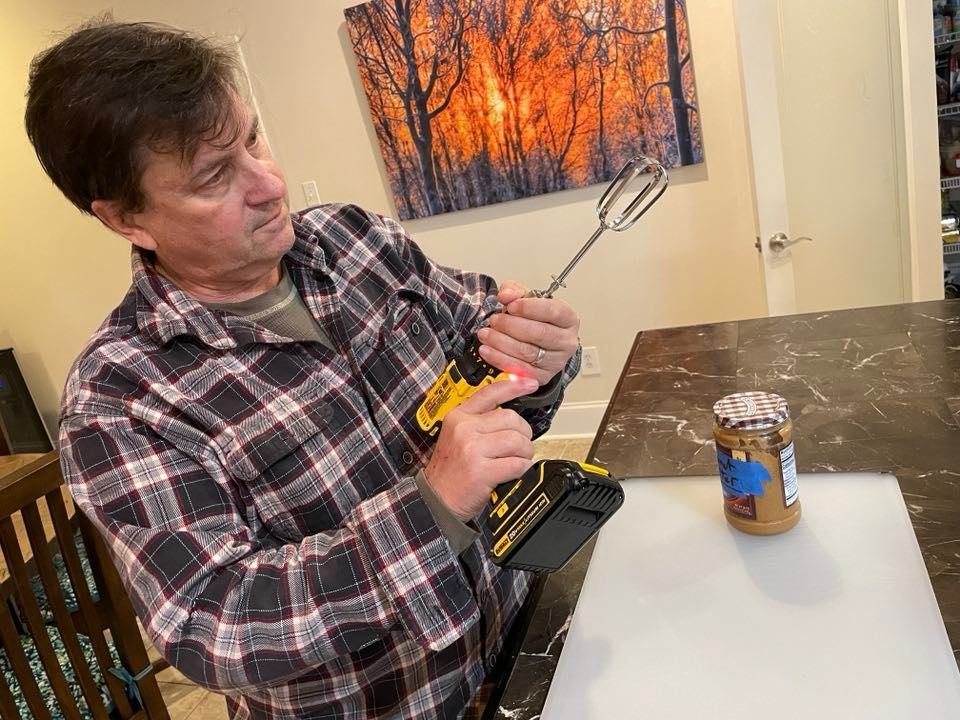
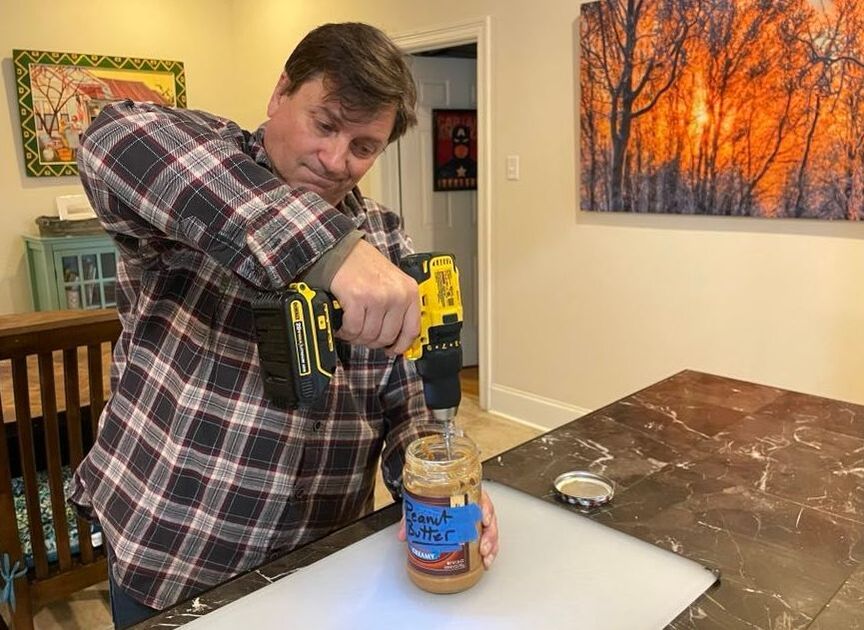
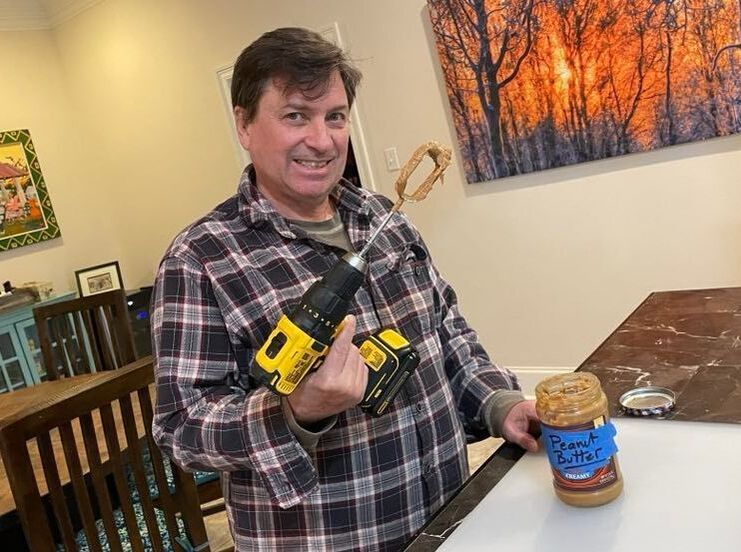
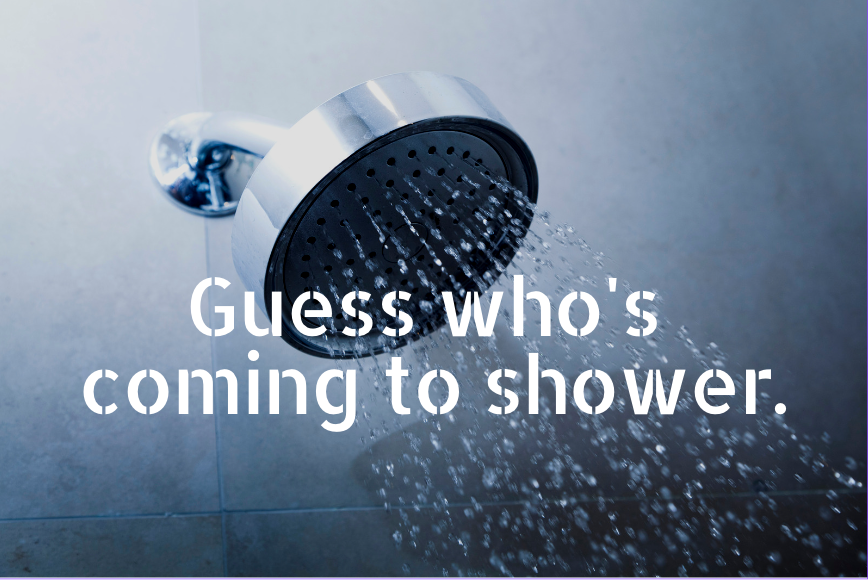
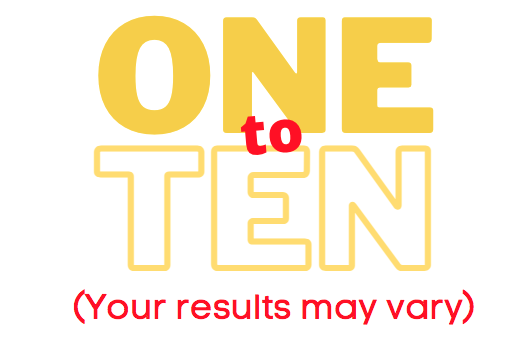
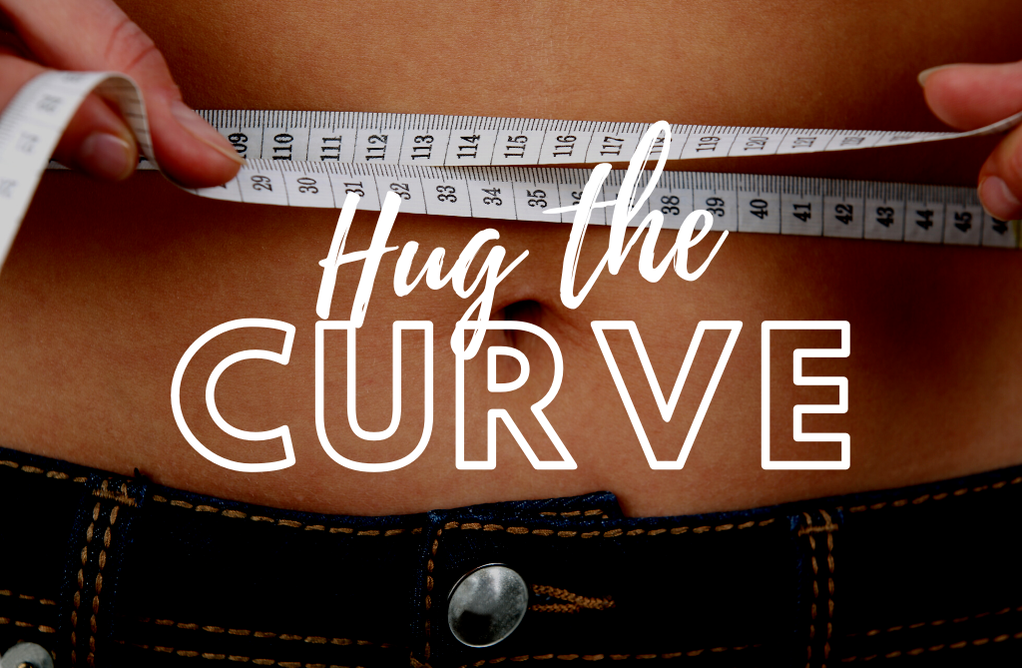
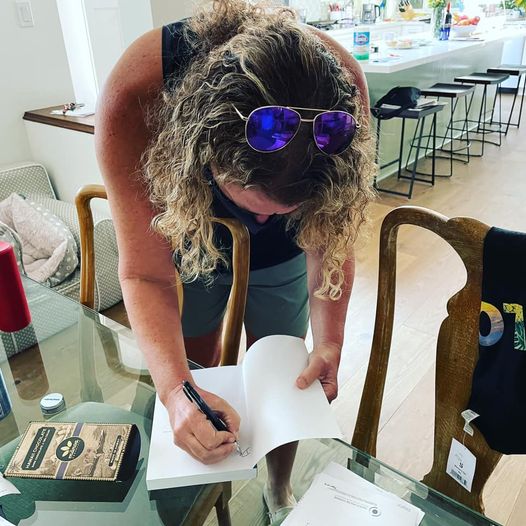
 RSS Feed
RSS Feed



